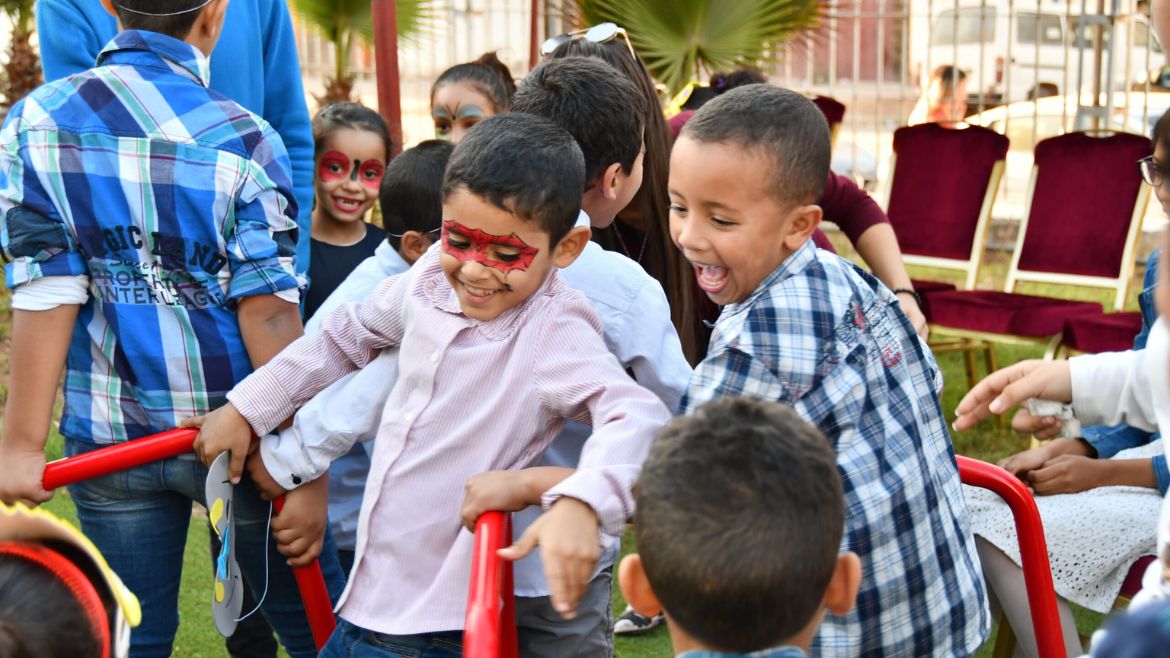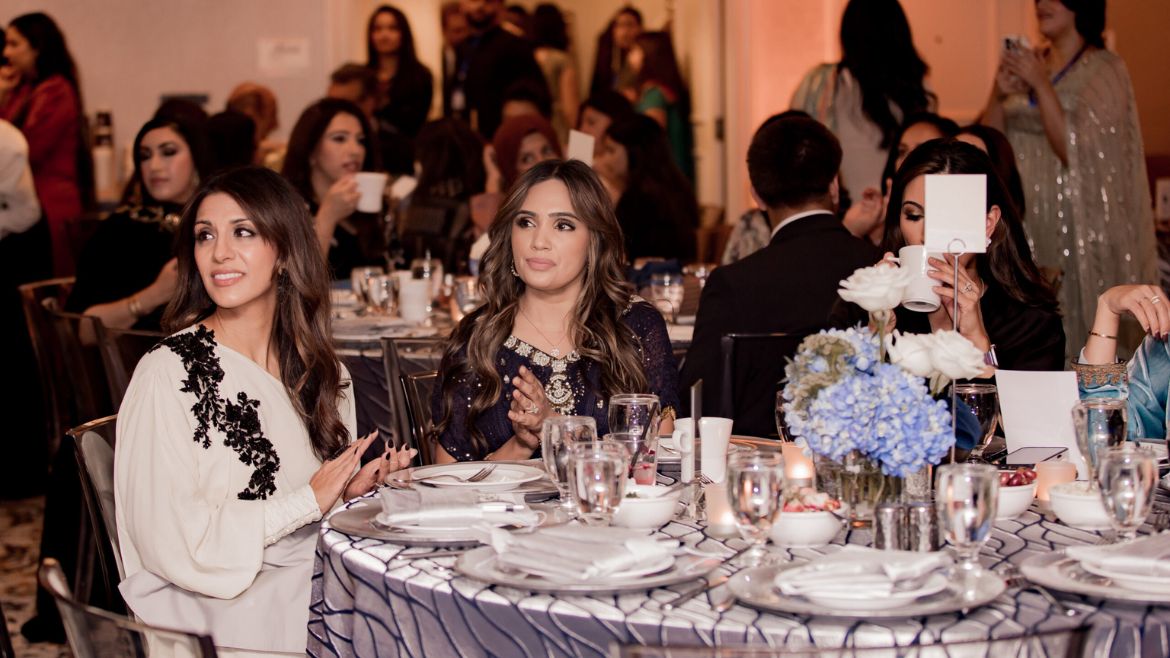
Childhood Friendship and Mental Health in Orphanages
Friendship through play provides children with critical developmental opportunities, including: social skills, behavioral stability, identity formation, and long-term mental health.

BLOOM’s 2024 Gala is a Huge Success
BLOOM’s 2024 Gala was a sold out event and raised funds for children and families suffering in Gaza. The event featured, Dr. Irfan Galaria, who spoke about his personal experiences in Gaza in the spring of 2024.